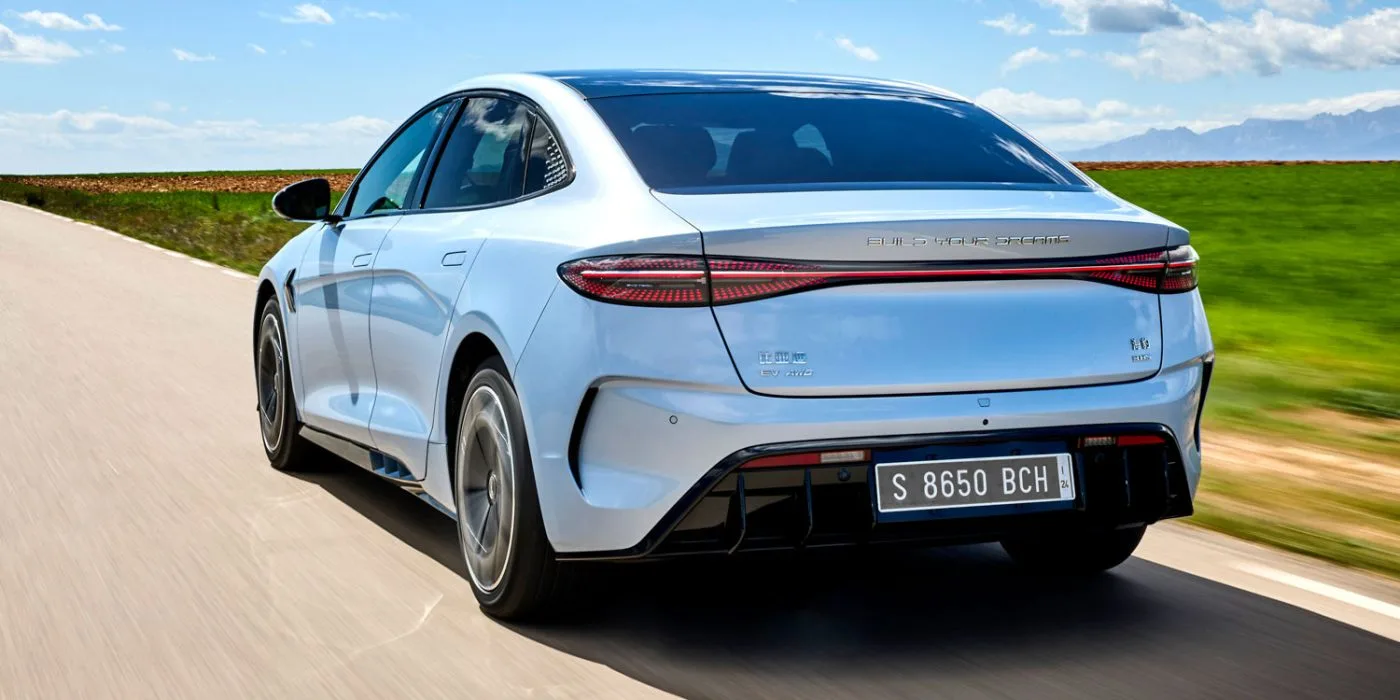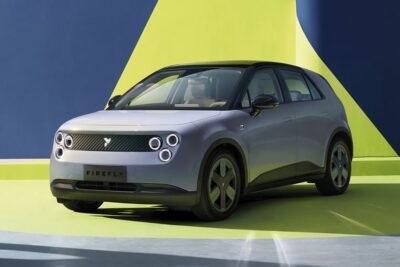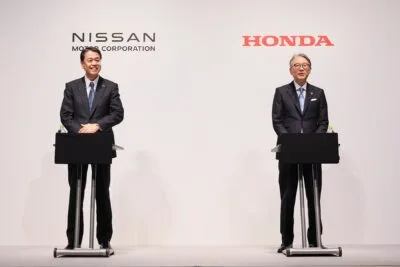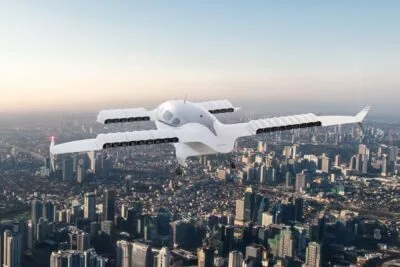BYD lowers prices for the Seal in China
BYD is lowering the entry-level price in China for its Seal electric sedan, which was introduced last year, to below 200,000 yuan for the first time. Officially, however, BYD is not talking about a price reduction, but about the relaunch of a cheaper facelift.
The new basic version of the BYD Seal now starts in China from 189,800 yuan, which currently corresponds to just under 25,000 euros. That is 23,000 yuan (approx. 3,000 euros) less than before. The base price of the BYD Seal in China is thus now 18 per cent lower than that of the competitor model Tesla Model 3. Officially, China’s most successful electric car manufacturer is replacing the previous four versions of the Seal with five slightly modified versions to justify the price changes. The background is that a price war triggered by Tesla at the beginning of the year is raging in China.
In this context, BYD is not the only company to lo2wer its prices via a facelift. As the portal CN EV Post reports, the electric vehicle brand Neta, which belongs to Hozon Auto, also launched two new variants of its flagship sedan Neta S this week and in the process lowered the model’s entry-level price to below 200,000 yuan.
The Seal is based on the “e-platform 3.0”, about which first information was leaked in February, and is the first BYD car with cell-to-body technology (CTB), in which the battery cells are integrated directly into the vehicle body. So far, it has been offered in four versions (three with rear-wheel drive and one with all-wheel drive) with ranges between 550 and 700 kilometres according to Chinese standards and costing between 212,800 and 289,800 yuan.
In the course of the facelift that has now been made public, BYD is now launching five versions at prices between 189,800 and 279,800 yuan. The price cuts thus affect all variants of the vehicle. The additionally introduced fifth version is a rear-wheel drive model with a reduced peak output of 170 kW and a range of up to 700 kilometres. The previously available rear-wheel drive version with a range of 700 kilometres has been renamed the 700 km Performance Edition and comes with a peak output of 230 kW.
The core specifications of the other versions – including the entry-level model with a range of 550 kilometres – remain identical to the previous versions, according to the CN EV Post, with new features such as support for the iPhone NFC digital car key.
Nothing changes with the batteries either. The Seal continues to come in two battery variants with an energy content of 61.44 and 82.56 kilowatt-hours. Cells with LFP chemistry are installed in the chemical storage units. The maximum charging power is 110 or 150 kW, depending on the version.
Deliveries of the Seal began in August 2022, with more than 15,000 units delivered in both November and December, according to CN EV Post. But since the turn of the year, sales have weakened in the face of melted-down subsidies and the price war sparked by Tesla – in each of the past two months, only about 6,000 units of the Seal are said to have been registered in China. In order to boost sales, BYD had already started offering discounts for the Seal and the Song at the beginning of March. As reported, BYD also wants to offer the Seal in Europe this year.





0 Comments